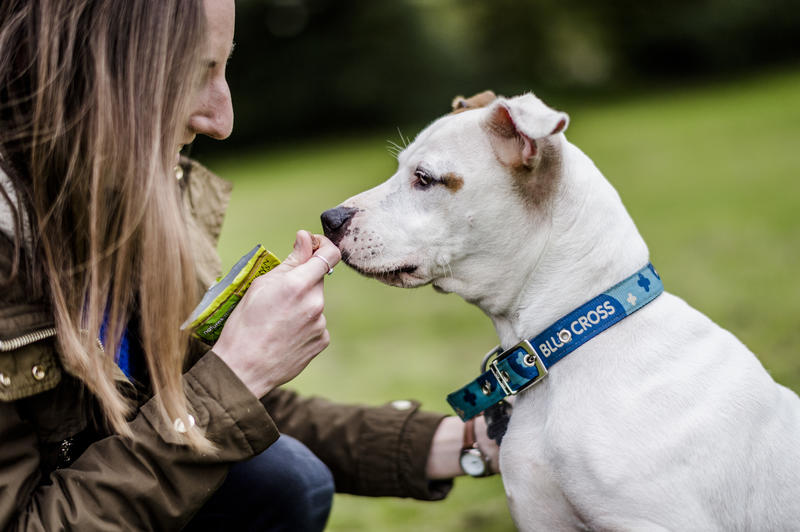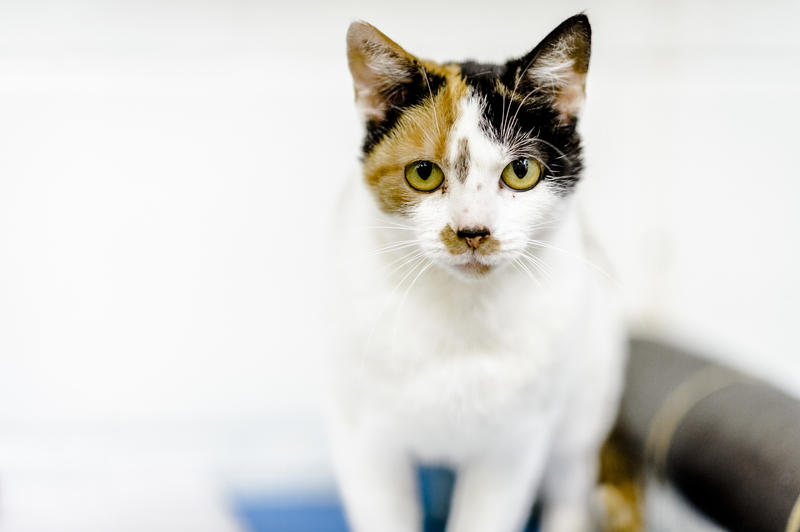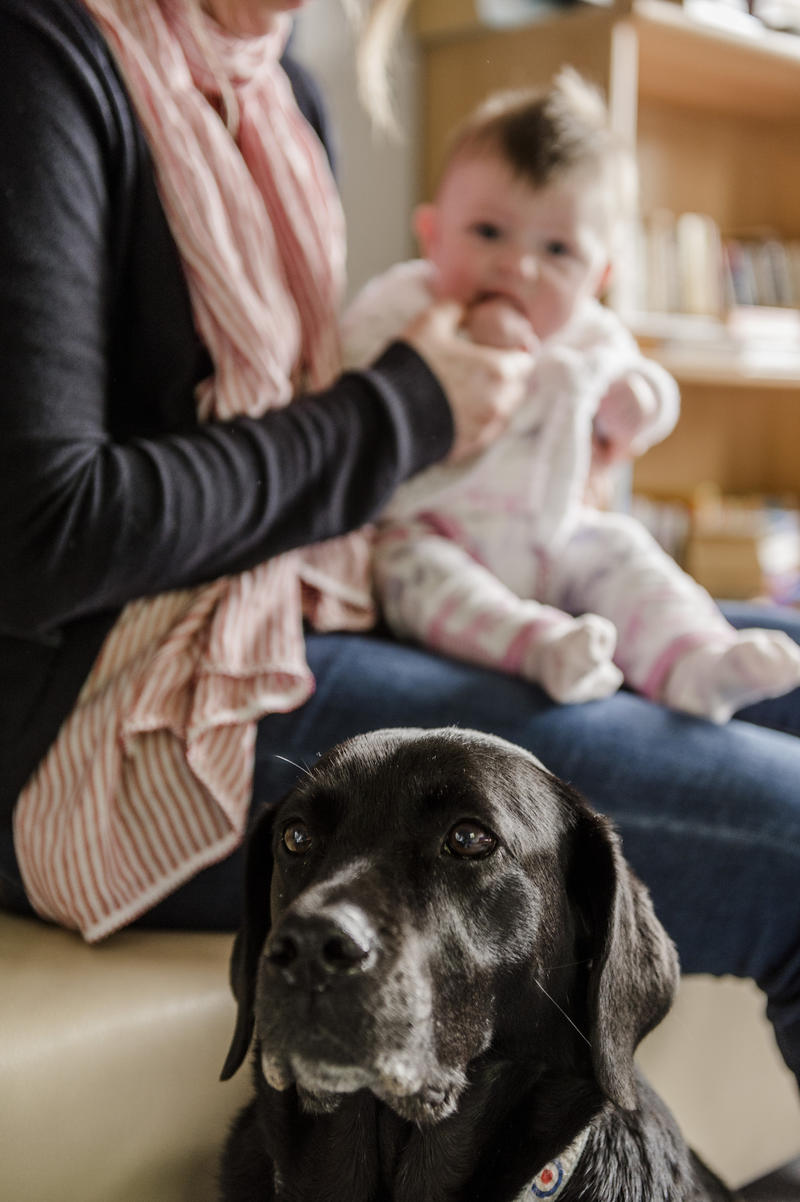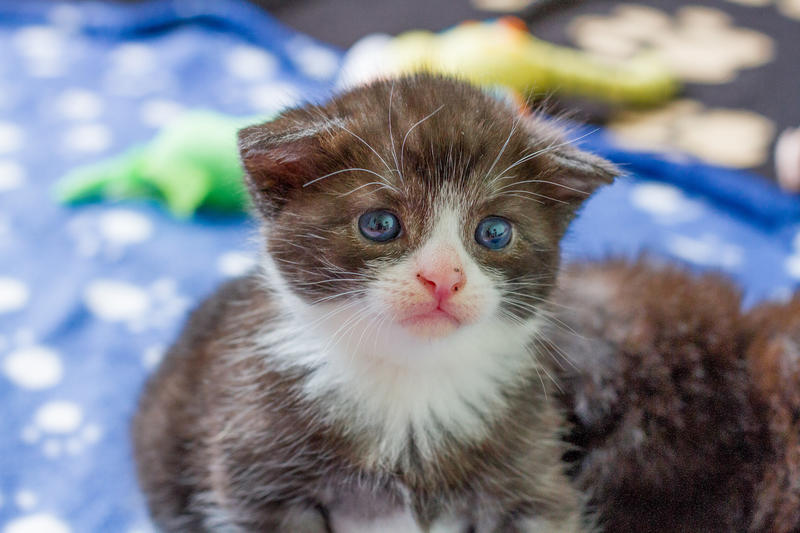Pet rehoming myths debunked
When you rehome a rescue pet, you'll give an abandoned or unwanted animal the chance of a happy future – but there are so many benefits to you, too. Sadly, though, rescue pets are often misunderstood, so we’ve busted the myths on rehoming to show just how amazing they are.
Working full-time means I won’t fit the criteria to rehome a pet.
Our tailor made rehoming looks at each case individually and we’ll work hard to find a pet that’s the right match for you and your lifestyle so that you have a happy future together. Working full-time will not prevent you from rehoming a pet, provided that its needs are met. For a dog, this will include ensuring that you are able to come home regularly throughout the day to feed and walk your dog, or have in place a dog walker or dog day care facility while you are not around. Meanwhile, a cat is also likely to need access to outside space while you’re out.
I won’t be able to rehome a dog or cat as I don’t have a garden.
That’s not the case. We don’t have any fixed rules about what makes the perfect home because we know every pet and their needs are different. Dogs will need an outside area to toilet, as will the vast majority cats, but this doesn’t necessarily need to be your own garden. Some cats will also need to remain indoors for health reasons.
All pets in rehoming centres are broken.
Many people are put off getting a pet from a rehoming centre because they think they will come home with a whole host of problems or behaviour issues. Actually, the most common reason for dogs needing our help to find them a new home is that their previous owner no longer had the time to care for a pet. They’re far from ‘broken’, but much-loved pets that, through no fault of their own, need a new home. We take time to fully understand the personalities of all of our pets, and each one is fully assessed to find out what type of home they need to lead a happy and fulfilled life.
You don’t know what you’re getting with a rescue pet.
This is not true. In fact, you’ll know more about an adult pet in a rehoming centre compared to a young animal as their personalities are already formed. When you meet a pet at a rehoming centre you can make sure they’re the right fit for your lifestyle. Pets that we rehome will be vaccinated, neutered where needed and dogs and cats will also be microchipped, offering great value compared to the cost involved in buying from a breeder. Plus, any pet rehomed from Blue Cross will be given their own tailor-made training plan depending on their needs and our Behaviour and Training Service provides helpful, practical support to help pets and their owners enjoy a happy life together.
Rescue pets and children don’t go together.
It’s actually quite the contrary in most cases. The dogs and cats in our care have often had experience living with children in a happy, loving home previously, and will make fantastic family pets. Our teams assess all pets to find out if they’re suitable for a family with young children, so we can find you the right match.
Due to the commitment needed for larger pets, many people think that all small pets are great for children – but it isn’t always the case. Some pets, including hamsters and chinchillas, are nocturnal which means that when the kids want to play, their pets are snoozing happily and won’t appreciate being disturbed. Pets like gerbils and mice are quick and agile so it’s difficult for children to handle them without squeezing too hard. And rabbits are prey animals and don’t always enjoy being picked up and cuddled. On the other hand, less popular pets like rats can actually make great pets and love social interaction with people. So think about what you want from your small pet and do research before you take one on.
You can't teach an old, rescue dog new tricks
Pups’ brains soak up new information like sponges and they learn very quickly but, while it takes a little longer, you can certainly train an adult dog if you make it fun, positive and motivating.
Rescue dogs will always be a crossbreed.
Dogs at Blue Cross rehoming centres come in all shapes, sizes and ages; some are crossbreeds, and others aren’t. But choosing the right dog goes much deeper than appearances.
Most dogs have been bred for a purpose and will still have natural instincts, whether it’s guarding, hunting or herding, so it’s important to do research on behavioural needs if you’re looking for a particular breed. Crossbreeds can make great pets, as they tend to lack the exaggerated behaviour traits associated with certain breeds. It also often means that they are not prone to genetic health problems common among some breeds.
Your local Blue Cross centre will be able to match you with the right dog and advise you if the particular dog you’re looking for is suitable. If you have children we recommend looking for a friendly, confident dog rather than focussing on an individual pet.
I won’t find a puppy or kitten at a rehoming centre.
We often have puppies and kittens looking for homes at Blue Cross. If you’re looking for a young pet, then keep in contact with your nearest centre as we regularly need to rehome them. But do consider getting an older dog or cat, rather than a puppy or kitten. This brings lots of benefits as their personalities are already established. And if you have young children, caring for them on top of training a puppy or kitten can be a demanding task.










